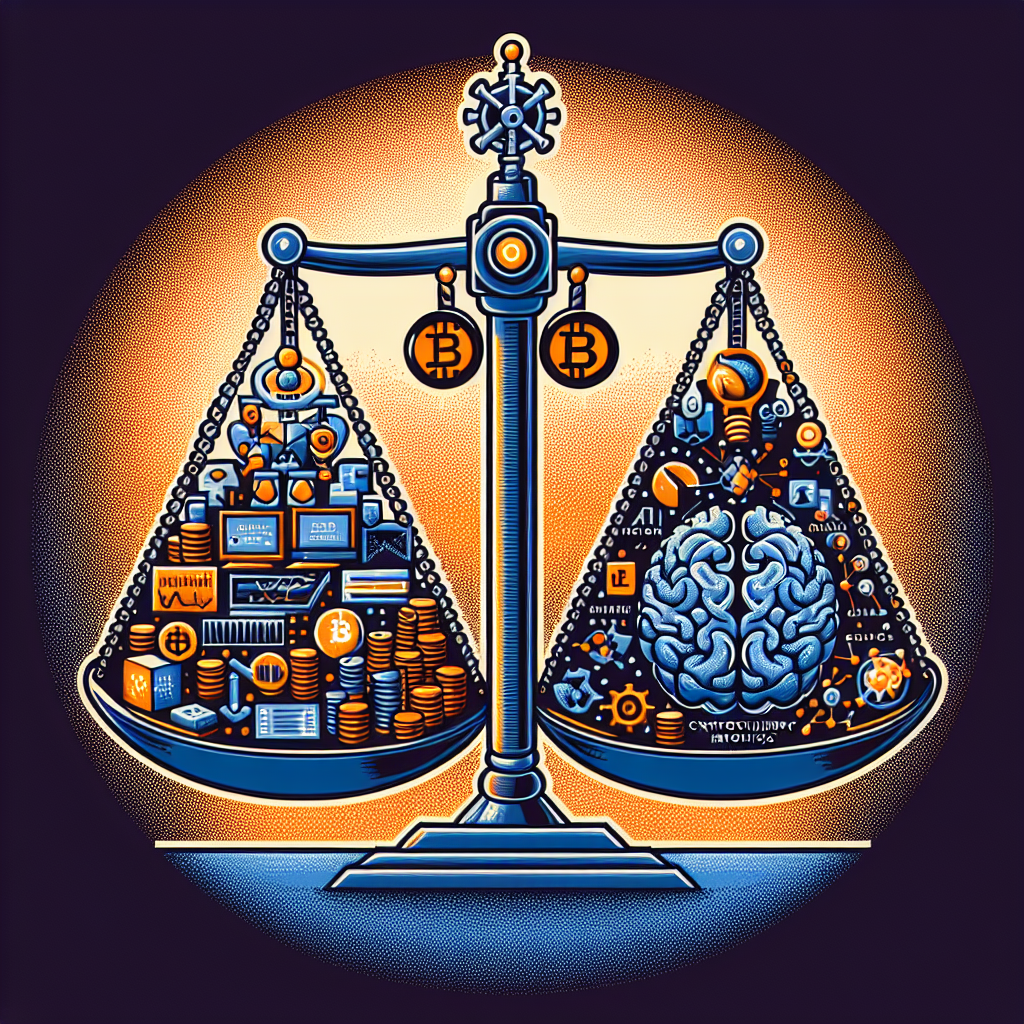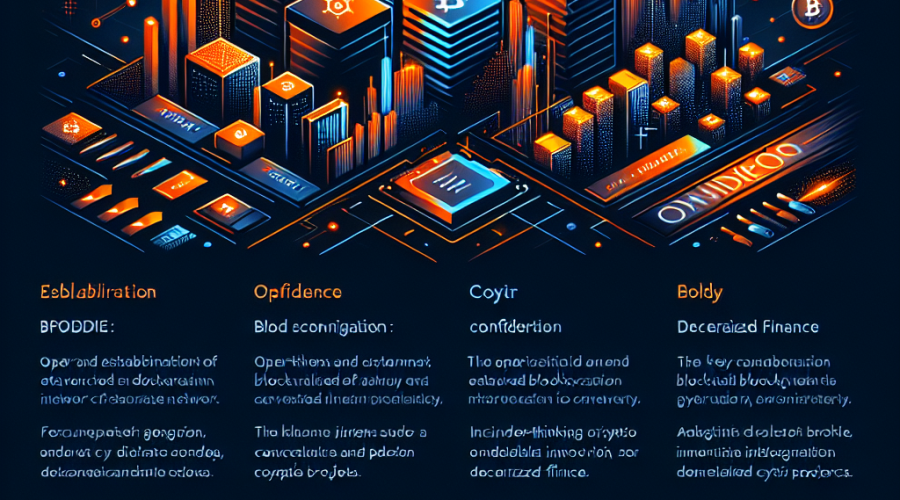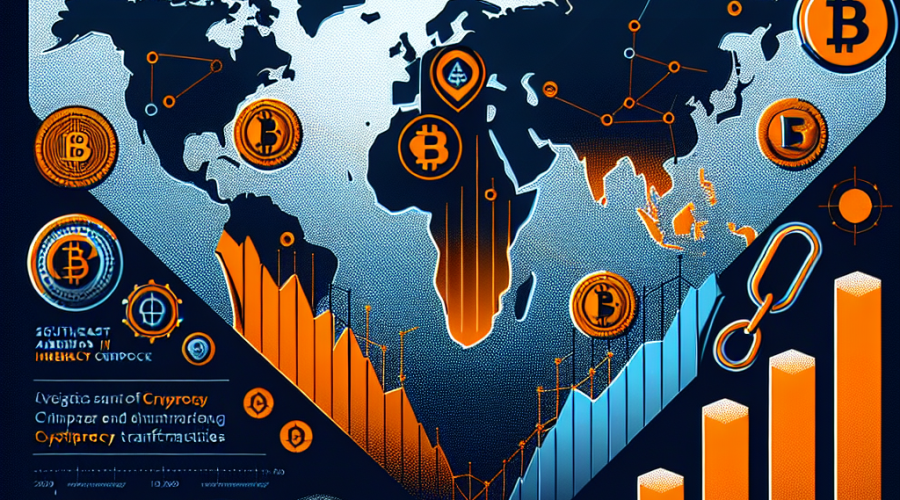Opinion: The Crypto Industry Needs to Wake Up to the Challenge Posed by Centralized AI Monopolies
Opinion by Ram Kumar, a core contributor at OpenLedger. He has cautioned the crypto industry about the alarming influence wielded by a handful of companies that, thanks to their monopoly over Artificial Intelligence (AI), may prove to be even more formidable than central banks and tech companies. This gravely jeopardizes the founding principle of crypto: preventing monopolization over valued networks.
The Case Against AI Monopolies
Over the last decade, the crypto industry advocated fervently for decentralization. Meanwhile, AI firms have assembled data monopolies that seriously threaten protocol dominance. The AI industry is on track to generate over $300 billion in revenue by 2025, largely by training their models on a colossal number of tokens obtained from researchers, domain experts, and writers.
On the crypto scene, Bitcoin enthusiasts have been occupied with block size battles while Ethereum users are engrossed in MEV extraction discussions. In the meantime, companies like OpenAI, Google, and Anthropic have been busy gathering the entire collection of human knowledge, securing it within proprietary training sessions and creating barriers that can’t be surmounted with either capital or talent.
Is Crypto Misallocating Attention?
Ram Kumar makes the case that the crypto industry might be greatly misdirecting its focus as AI firms perfect their centralized control over intelligence – a critical network effect that far outstrips liquidity pools. For instance, while the crypto community has been busy launching numberless DeFi forks, the most significant infrastructure battle of the decade is transpiring off-chain.
Kumar contends that the crypto industry urgently requires a wake-up call. Knowledge monopolies are much more valuable than financial infrastructure, which DeFi has shown can be re-established transparently. But AI datasets can’t be moved from place to place. They’re locked away inside training processes that take months and cost millions to complete. Consequently, once a foundation model reaches a tipping point, it becomes exorbitantly expensive to replicate.
Data Ownership in the Crypto World
While the crypto community has successfully established decentralized finance alternatives, what will they do about centralized intelligence? The answer seems to be: not much. Crypto has largely dismissed the idea of data ownership as a battle worth engaging in. This is an unfavorable truth considering data set infrastructure is an area far less exciting than yield farming, where crypto founders often chase token velocity, speculate on upside, and focus on viral growth mechanics.
The irony lies in the fact that boring infrastructure is exactly what counts the most. Ethereum and Chainlink – arguably two of the most critical pieces of crypto infrastructure – were initially perceived as unexciting projects when they launched, but eventually proved to be rather foundational.
The Window of Opportunity for Crypto
The window of opportunity for the crypto industry to tackle this pressing issue is closing. If we don’t act within the next two years, AI companies’ monopolization over data sets might become an unalterable reality that no amount of decentralized infrastructure would be able to disrupt.
The survival of crypto depends on the establishment of data set registries where contributors can cryptographically sign data licenses before any training begins. The industry needs infrastructure that creates attribution protocols to oversee which data sets influenced which model outputs, enables the automatic splitting of inference revenue among the original creators, and constructs reputation systems that rank data set quality based on measured model performances.
Conclusion
What good is decentralized money if centralized models control what people think? What good is decentralized computation if centralized training data determines which ideas get amplified? The crypto industry needs to get its priorities right. It must focus on building the infrastructure that would make data set monopolies a thing of the past. If it doesn’t do this, it may end up watching AI companies realize the exact centralized control that blockchain was designed to prevent and crypto may have failed in its primary mission.



















